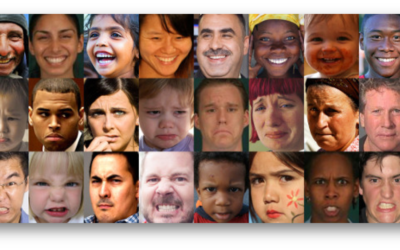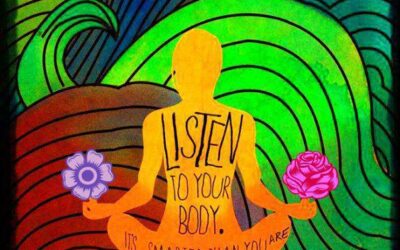Academic corner
Perceptions – Culture and how to improve Intercultural Relations
We communicate as we do according to the ways in which we perceive the world. However, while physiologically we process pieces of information similarly, the way in which we interpret them varies depending on our unique and wide range of psychological and cultural experiences.
What do we mean by CULTURE SHOCK?
If you have moved to a new cultural context, very different from the one(s) you are used to live in, and you feel stressed, isolated, frustrated, angry and confused, you may be experiencing culture shock.
Background Feeling
What is that vague and unpleasant sensation that I have been carrying with me for long time? I have a clear sense of it, but do I find it so difficult to describe it? If you are raising these questions to yourself, then you may be trying to get in contact with your Background Feeling.
In relation with the “Inner Critic”
Sometimes we can be more unfriendly with ourselves than with others. This happens when we hear and believe to a part of us, a sort of authoritarian voice, that seems to punish rather than award us. That is the “inner critic”. So, how can we deal with it?
Managing Intercultural Conflicts
When we enter into contact with people from different cultural backgrounds, we may experience some conflicts, as a result of unfamiliar cultural dimensions which could lead to miscommunication and negative perceptions.
EMOTIONS AND INTERCULTURAL COUNSELLING
As Intercultural Counselling Professionals, we need to take into careful consideration the extent to which the expression of our clients’ emotions is shaped by culture.
IN RELATION WITH OUR BODY: FOCUSING & THE FELT-SENSE
When we practice focusing and get familiar with our felt-sense, we enter into a special relation with our body, since we experience a process of own bodily awareness that can lead to emotional restoration.
Death Anxiety
Death anxiety is a wide subject of research across natural and social sciences. These have the common objective to understand the biologic, psychological and sociocultural dimensions of this phenomenon.
In existential relation with the Other
Sometimes we are afraid of entering into contact with the Other (the Different from me). Why? Here is a brief existential-philosophical account on some of the possible factors determining the ways in which we interrelate to others.
Linguistic and Intercultural Learning. The role of EXPERIENCE, EMOTIONS AND REFLECTION.
Foreign Language Learning can be considered as an integral part of a wider process of Intercultural Learning, where social and cultural practices are a crucial part of it.
Counselling for and with international students
As Counsellors when we work with and for international students, we need to consider the complex and distinct aspects that make them a unique population.
Counselling with Academic Orientation
In Italy, when we talk about University Counselling, we often identify it with Academic Orientation. However, Orientation is more about ‘Tutoring’, ‘Mentoring’ and ‘Advising’ rather than ‘Counselling’.














